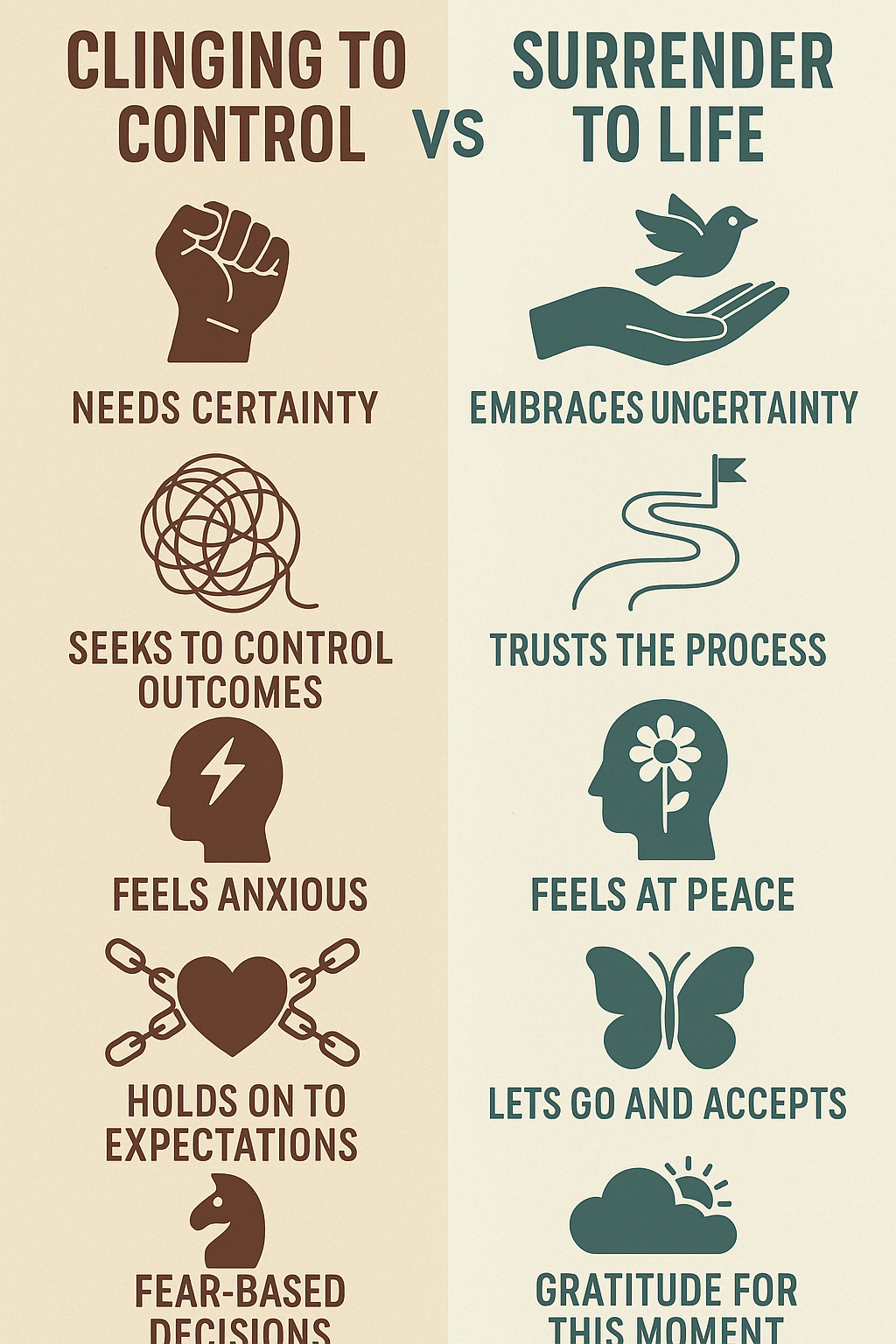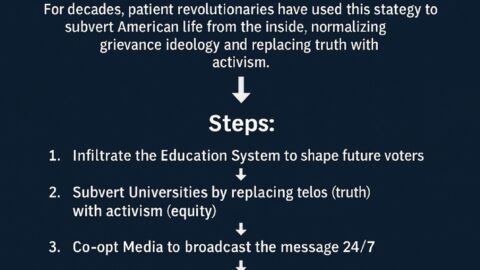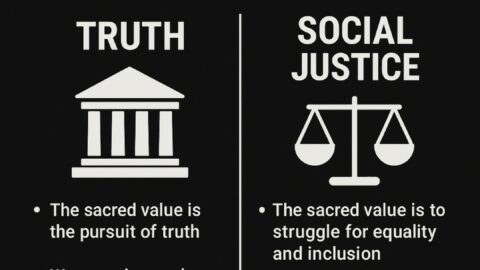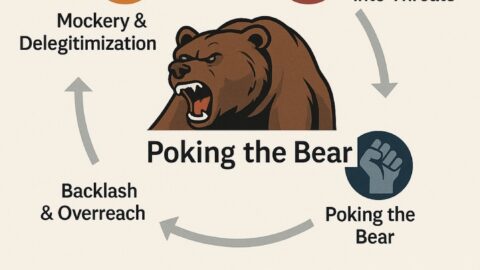In Days of Thunder, the doctor’s blunt observation about control — “Control is an illusion” — strikes at the heart of a profound human truth. Despite all our technological progress, education, and societal advancement, one fundamental drive has hardly changed: the desire to control the uncontrollable.
“You shouldn’t be driving a car, not on a road or a racetrack. You’re selfish, you’re crazy and you’re scared. You (Cole Trickle) and Rowdy have a sickness. It’s called denial. And it’s probably going to kill you both. You want to control something that’s out of control, right? I’m going to let you in on a secret that most other people know. Control is an illusion. Nobody knows what’s going to happen next. Not on a freeway, – and certainly not on a racetrack with other infantile egomaniacs. Nobody controls anything. You’ve had a glimpse of that and you’re scared. You might not have the courage to race anymore. I hate you for this. You make me sound like a doctor.” — Dr. Claire Lewicki
Why Do People Crave Control?
At its root, the desire for control is a survival mechanism. Ancient humans needed to predict threats, secure resources, and create a sense of safety. Control became associated with life and chaos with death. This instinct is encoded deeply within our psychology:
- Fear of Uncertainty: Humans naturally fear the unknown. Predictability makes life feel safer and manageable.
- Ego and Identity: Our sense of self often relies on feeling competent and powerful. Admitting we lack control challenges that illusion of superiority.
- Pain Avoidance: We seek control to avoid pain, loss, failure, or embarrassment.
- False Security: Having “plans,” “rules,” and “backup systems” gives a psychological buffer — a false sense of invulnerability.
Control is a Mirage
The bitter truth — the one so many refuse to accept — is that control is fundamentally an illusion. No plan is ever foolproof. No system is immune to failure. Life is a continuous unfolding of variables beyond anyone’s grasp:
- You can’t control the actions of others.
- You can’t control the outcomes of all your efforts.
- You can’t predict accidents, illness, or betrayal.
The doctor in Days of Thunder reveals what wisdom traditions, philosophers, and even great leaders across time have realized:
Control doesn’t bring security. Surrender to life’s uncertainty brings peace.
The Paradox of Control: The More You Cling, The Less You Have
The irony is sharp:
- The more you fight uncertainty, the more powerless you feel.
- The more you accept uncertainty, the more inner strength you gain.
This is because:
- Clinging to control makes you reactive, anxious, and rigid.
- Releasing control fosters flexibility, resilience, and wisdom.
The truly wise are those who navigate change, adapt to chaos, and choose their responses rather than trying to prevent chaos from ever occurring.
Psychological and Emotional Costs of Control Addiction
Trying to control everything leads to:
- Chronic stress and anxiety.
- Perfectionism and procrastination (waiting for “perfect” conditions).
- Broken relationships (micromanaging others erodes trust).
- Fragile ego (failure becomes unbearable, leading to denial and anger).
Spiritual Traditions on Control and Surrender
Every great wisdom tradition touches on this theme:
- Christianity teaches trust in God’s will over human plans.
- Stoicism (as Marcus Aurelius taught) emphasizes controlling your inner world, not outer events.
- Buddhism centers around accepting impermanence and letting go of attachments.
The highest form of strength is not domination — it is surrender combined with discernment.
How to Bridge the Gap: From Illusion to Freedom
A. Shift from External to Internal Control
Focus on what you can control: your thoughts, your reactions, your character. As Viktor Frankl said, “Everything can be taken from a man but one thing: the last of the human freedoms—to choose one’s attitude.”
B. Develop Flexibility
Life rewards those who adapt, not those who cling. Stay fluid, stay ready.
C. Embrace Uncertainty as an Adventure
Instead of seeing the unknown as a threat, view it as a field of possibilities. It’s not fear — it’s wonder.
D. Practice Radical Acceptance
Face reality as it is, not as you wish it to be. Accept the facts of life without bitterness.
E. Build Emotional Resilience
Through mindfulness, prayer, journaling, or healthy relationships, you can strengthen your ability to withstand the unexpected.
Final Reflection: Real Control
The only real “control” you can exercise is over your choices in the midst of chaos.
Not over the race, but over how you race.
Not over the storm, but over how you sail.
Not over death and taxes, but over how you live between them.
As the doctor in Days of Thunder brutally but lovingly reveals, the moment you realize you can’t control everything is not the moment you lose — it’s the moment you are set free.







